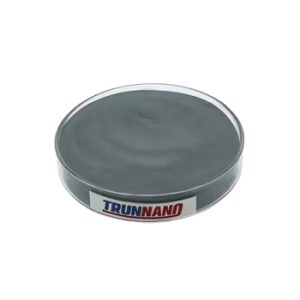Professional and high-quality metal alloys, ceramic products and concrete additives | RBOSCHCO
PRODUCT PARAMETERS
Description
Overview of 3D Printing Alloy Tantalum Powder
Tantalum powder used in 3D printing is typically composed of high-purity tantalum metal. Tantalum is a rare, hard, blue-gray, lustrous transition metal with the chemical symbol Ta and atomic number 73. In 3D printing, tantalum powder is often used in the form of fine particles with a specific particle size distribution to meet the requirements of different 3D printing processes.
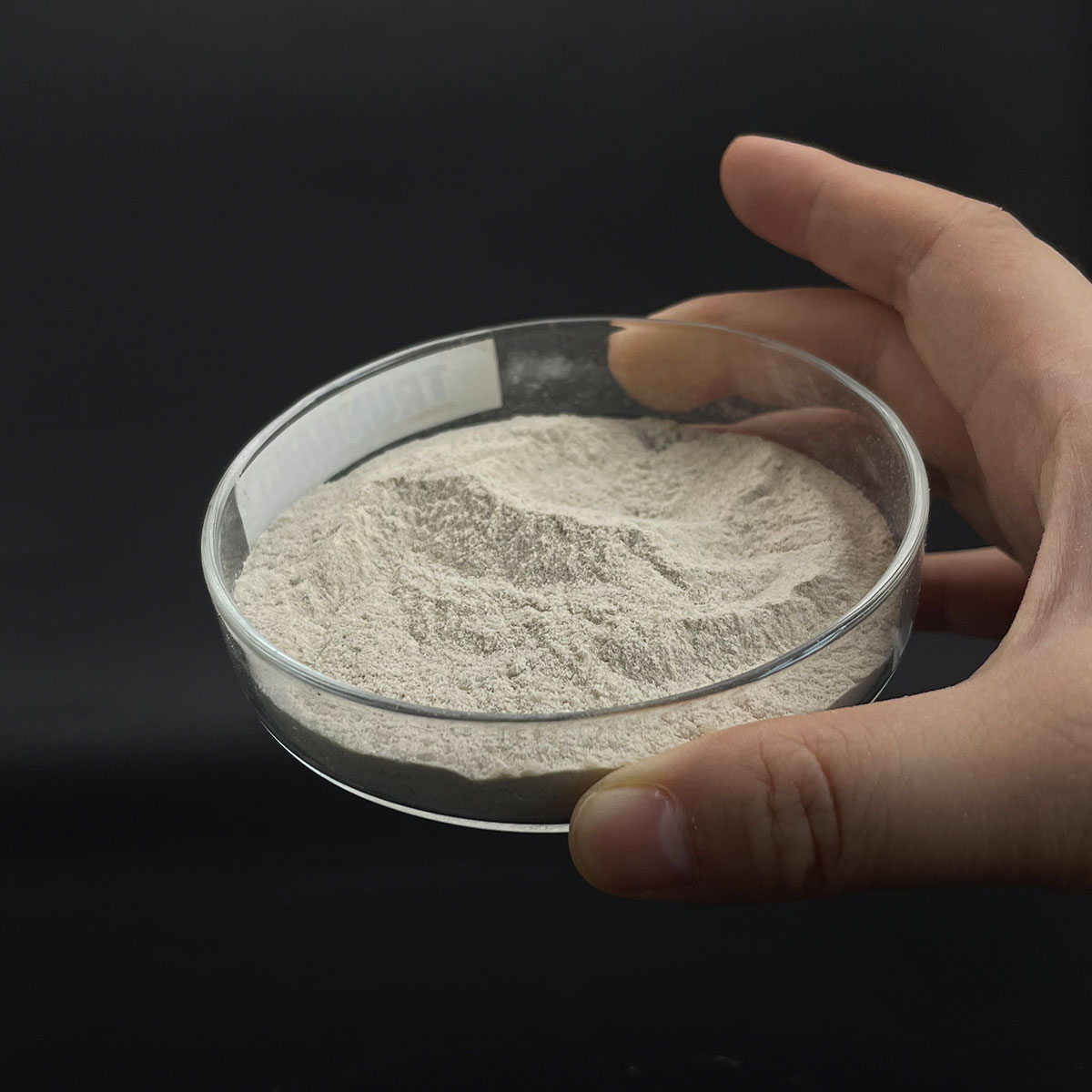
(3D Printing Alloy Spherical Tantalum Ta Powder CAS 7440-25-7)
Features of 3D Printing Alloy Tantalum Powder
High Melting Point: Tantalum has an extremely high melting point of about 3017°C. This property allows tantalum powder to maintain its shape and integrity during high-temperature 3D printing processes such as selective laser melting (SLM) and electron beam melting (EBM), enabling the production of high-quality parts with complex geometries.
Excellent Corrosion Resistance: Tantalum is highly resistant to corrosion in various chemical environments, including acids and alkalis. This makes 3D-printed tantalum parts suitable for applications in harsh chemical and biological environments, such as in the medical and chemical industries.
Good Biocompatibility: Tantalum is biocompatible, meaning it can interact with the human body without causing adverse reactions. This property makes 3D-printed tantalum implants and prosthetics well-tolerated by the body, promoting tissue ingrowth and reducing the risk of rejection.
High Density: Tantalum has a relatively high density of 16.654 g/cm³. The high density contributes to the mechanical strength and stability of 3D-printed parts, making them available for applications where high strength and durability are required.
Good Electrical and Thermal Conductivity: Tantalum has good electrical and thermal conductivity, which makes 3D-printed tantalum components potentially valuable for electronic and thermal management applications.
Parameter table of 3D Printing Alloy Tantalum Powder
| Other Names | Tantalum Powder |
| CAS No. | N/A |
| Compound Formula | Ta |
| Molecular Weight | N/A |
| Appearance | Gray metallic solid in various forms (ingot, tubing, pieces, powder) |
| Melting Point | N/A |
| Solubility in water | N/A |
| Density | NA |
| Purity | N/A |
| Particle Size | 0-20μm, 15-45μm, 15-53μm, 53-105μm, 53-150μm, 105-250μm |
| Boling point | N/A |
| Specific Heat | N/A |
| Thermal Conductivity | N/A |
| Thermal Expansion | N/A |
| Young’s Modulus | N/A |
| Exact Mass | N/A |
| Monoisotopic Mass | N/A |
| 3D Printing Alloy Spherical Tantalum Powder Health & Safety Information | |
| Safety Warning | N/A |
| Hazard Statements | N/A |
| Flashing point | N/A |
| Hazard Codes | N/A |
| Risk Codes | N/A |
| Safety Statements | N/A |
| RTECS Number | N/A |
| Transport Information | N/A |
| WGK Germany | N/A |
Composition (percentage by mass):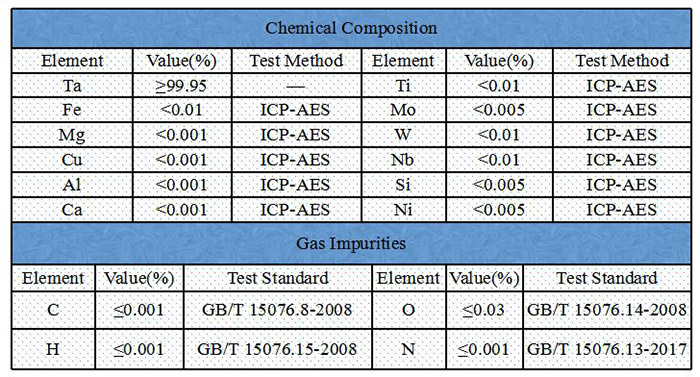
Applications of 3D Printing Alloy Tantalum Powder
Medical Field: 3D-printed tantalum implants, such as bone implants, dental implants, and joint replacements, are widely used due to their biocompatibility and excellent mechanical properties. Tantalum’s ability to promote tissue ingrowth helps in the long-term fixation and functionality of implants.
Aerospace Industry: Tantalum’s high melting point and good mechanical properties make it suitable for manufacturing aerospace components that need to withstand high temperatures and stresses, such as turbine blades and engine components.
Electronics: Tantalum powder can be used to produce 3D-printed electronic components with high precision and performance, such as capacitors and resistors. Its good electrical conductivity and stability contribute to the reliability of electronic devices.
Chemical Industry: 3D-printed tantalum parts can be used in chemical reactors and pipelines due to their excellent corrosion resistance, improving the durability and safety of chemical equipment.
Production Method of 3D Printing Alloy Tantalum Powder
Chemical Vapor Deposition (CVD): In this method, tantalum-containing gases are decomposed on a substrate surface at high temperatures to deposit tantalum atoms, which then form tantalum powder. CVD can produce high-purity tantalum powder with a uniform particle size distribution.
Electrolytic Deposition: Tantalum powder can be obtained by electrolyzing a tantalum-containing electrolyte solution. The tantalum ions in the solution are reduced at the cathode to form tantalum deposits, which are then processed to obtain tantalum powder.
Gas Atomization: Similar to the production of other metal powders, high-purity tantalum metal is melted at high temperatures and then atomized by high-pressure gas to form fine tantalum powder particles. This method can produce tantalum powder with great sphericity and flowability, which is suitable for 3D printing.
Company Profile
RBOSCHCO is a trusted global chemical material supplier & manufacturer with over 12-year-experience in providing super high-quality chemicals and nanomaterials, including boride powder, nitride powder, graphite powder, sulfide powder, 3D printing powder, etc.
The company has a professional technical department and Quality Supervision Department, a well-equipped laboratory, and equipped with advanced testing equipment and after-sales customer service center.If you are interested,please feel free to contact us or click on the needed products to send an inquiry.

Storage Condition of 3D Printing Alloy Tantalum Powder
Damp reunion will affect Sphere Talcum powder dispersion performance and use effects. Therefore, Sphere Talcum Powder should be sealed in vacuum packaging and stored in a cool and dry room. It can not be exposed to air. In addition, sphere talcum powder should be avoided under stress.
Payment of 3D Printing Alloy Tantalum Powder
T/T, Western Union, Paypal, Credit Card etc.
Package and shipment of 3D Printing Alloy Tantalum Powder:
We have many different kinds of packing which depends on the Spherical Tantalum Powder quantity.
Spherical Tantalum Powder packing:vacuum packing, 100g, 500g or 1kg/bag, 25kg/barrel, or as your request.
Spherical Tantalum Powder shipping:could be shipped out by sea , by air, by express as soon as possible once payment receipt.
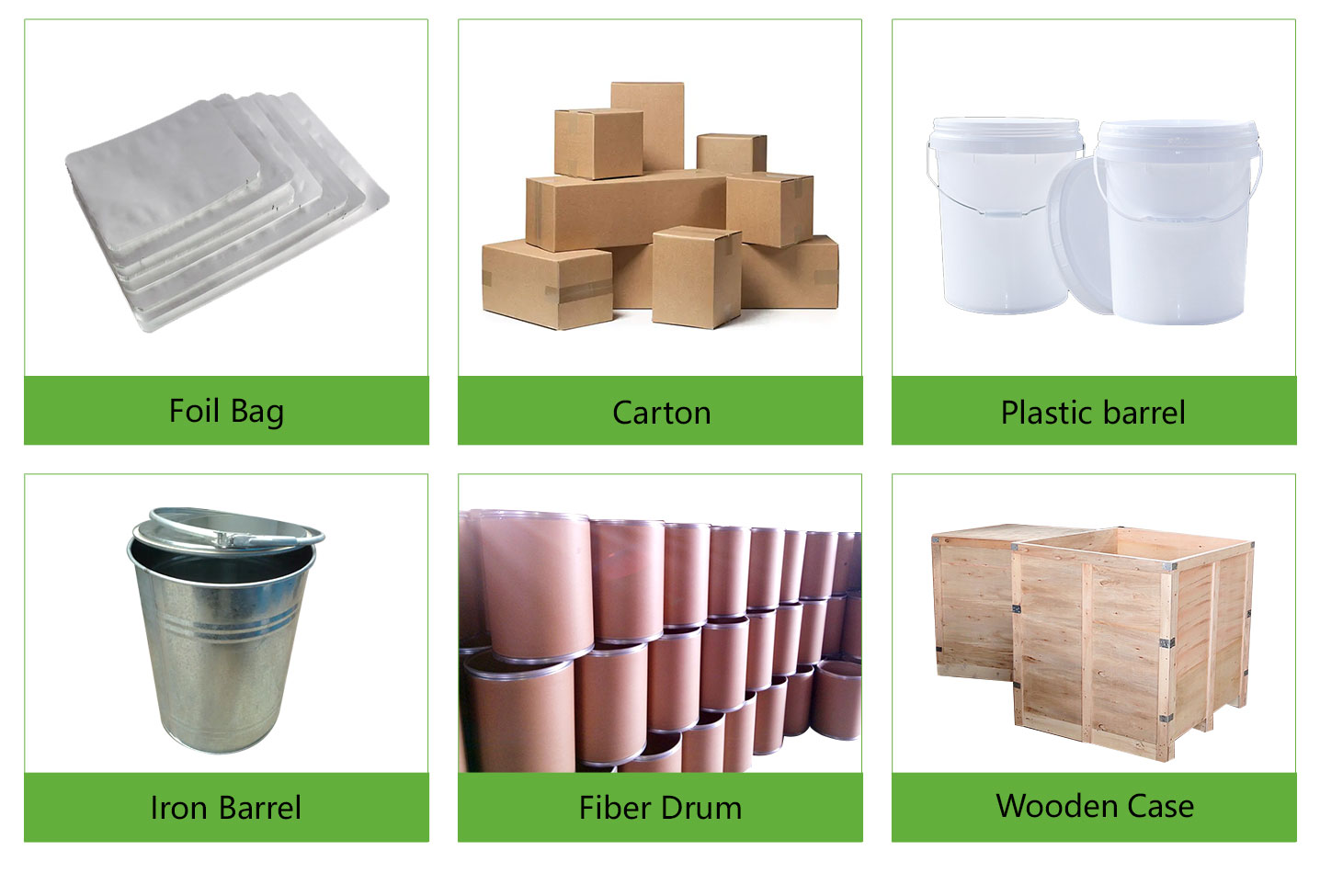
5 FAQs of 3D Printing Alloy Tantalum Powder
- What are the primary uses of 3D printing alloy tantalum powder? Tantalum powder is a valuable material in the medical field, particularly in the creation of bone and dental implants, thanks to its ability to coexist safely with the human body. It is also used in the aerospace industry to manufacture components that can withstand extremely high temperatures. In electronics, its use is prominent in the production of capacitors. In the chemical industry,benefiting from tantalum’s resistance to corrosion makes it a suitable material for various applications to enhance functionality.
- How is 3D-printed alloy tantalum powder produced?
Standard methods include chemical vapor deposition (CVD), where tantalum-containing gases deposit atoms. Electrolytic deposition reduces tantalum ions from an electrolyte. Gas atomization melts high-purity tantalum and uses high-pressure gas to form powder. Each method has pros in terms of purity, particle size, and cost. - What are the advantages of using tantalum powder in 3D printing? Tantalum has a high melting point, enabling high – temp 3D printing processes. Its excellent corrosion resistance is great for harsh environments. Biocompatibility makes it ideal for medical uses. High density gives printed parts strength, and good electrical/thermal conductivity opens up electronics and thermal management applications.
- Is 3D printing alloy tantalum powder expensive?
Yes, it is costly. Tantalum is a rare metal, and the production of its powder, like CVD or gas atomization, is complex. The high cost of raw materials and involved processes lead to expensive powder, which limits its widespread use, especially in cost-sensitive applications. - What challenges are there in using 3D-printed alloy tantalum powder?
Processing is complex due to its high melting point and hardness, which require high-energy sources. The limited global supply of tantalum poses risks to continuous production. Also, post-processing to ensure part quality, like removing support structures, can be complex and time-consuming.
REQUEST A QUOTE
RELATED PRODUCTS

3D Printing Alloy Spherical Cobalt Powder Co CAS 7440-48-4
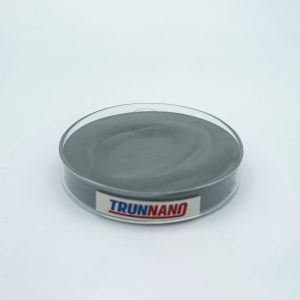
3D Printing Alloy Spherical Niobium Powder Nb CAS 7440-03-1

3D Printing Nickel Alloy Powder Inconel 738 Powder
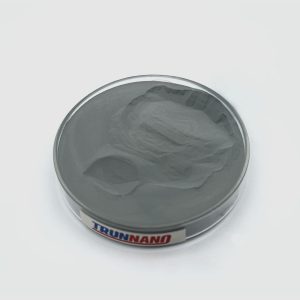
3D Printing Inconel Alloy In625 Powder

3D Printing Alloy Metal Materials Aluminum Based AlSi12 Metal Powder
